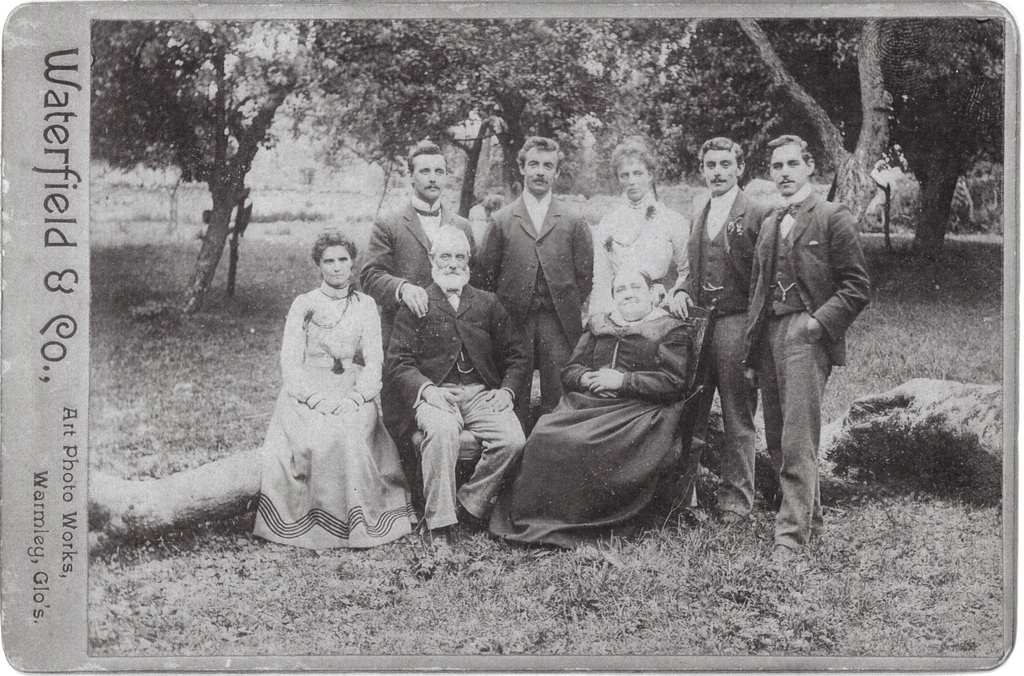AARP Hearing Center
[gallery]

Imagine this:
You’re standing in line at a grocery store and someone walks up to you and says, “Hey, I’m your second cousin once removed. “ You awkwardly smile, reluctantly hug them, and engage in a little small talk. The first thing you say to yourself after they walk away is, “Once removed cousin? What in the world is that?”
When this happened to Louise Matthews, 58, from Alabama, instead of going home and forgetting about the strange encounter, she ran to her computer to see what information she could find about her ancestors.
Many people refer to this type of digging as searching for your family history; however, it is actually called genealogy. Although the terms family history and genealogy are used interchangeably, they have slightly different meanings. Genealogy is the study of descent and ancestry, while family history is more of a narrative of events in the lives of your ancestors’ lives.
Family history breathes life into genealogy.
“I had to do some type of digging, the woman who I considered a stranger was talking to me about my family like I knew her,” said Matthews. “I never thought I would find as much information as I did; especially since I am African-American.
Background information about your family really does exist, no matter what ethnicity you are, the information is at the tips of your finger, easily available on the Internet.
Even President Barak Obama has jumped on the genealogy bandwagon. Last year, Genealogist Megan Smolenyak documented his Irish ancestry. After a great amount of research, Smolenyak found a tombstone in Ohio and traced the names back to the village of his fourth great-grandfather in Moneygall, Ireland.
The President even took a visit to the village.
For Matthews, it was a bit more difficult; all she had was a few names and some old birth certificates. However, what she lacked in knowledge, she made up for with determination to find out about her family.
Not only did she use a popular genealogy site, she also took advantage of other historical resources: community histories, newspaper accounts and the good old fashion Census records. Although Census records are free to access online, it will require you to put in the time and dedication to find information.
Learning about your ancestors can be very fun; however, please be cautious when searching the Internet.
Although there are quite a few reputable genealogy sites online, unfortunately there a few sites that make false claims of delivering results or take your money and give you nothing. So, before you give money to these sites, make sure they reputable and legitimate.
On your journey of learning more about where your family came from, step out the genealogy search box. Breathe life into your ancestors; tell their stories to your living family members so they can deliver the stories to their offspring.
And if you are wondering, that stranger that Louise met in the grocery store really was her second cousin twice removed.
Related Articles:
15 Great Websites for Genealogy Research
http://www.aarp.org/relationships/genealogy/info-05-2011/online-genealogy-resources.html
5 Genealogy Secrets
http://www.aarp.org/relationships/genealogy/info-06-2011/genealogy-tips.html
Other Resources:
www.censusrecords.com
How to Identify & Avoid Genealogy Scams
http://genealogy.about.com/od/basics/tp/scams.htm
[Photo courtesy of Chris Ford http://www.flickr.com/photos/11694215@N00/]































































